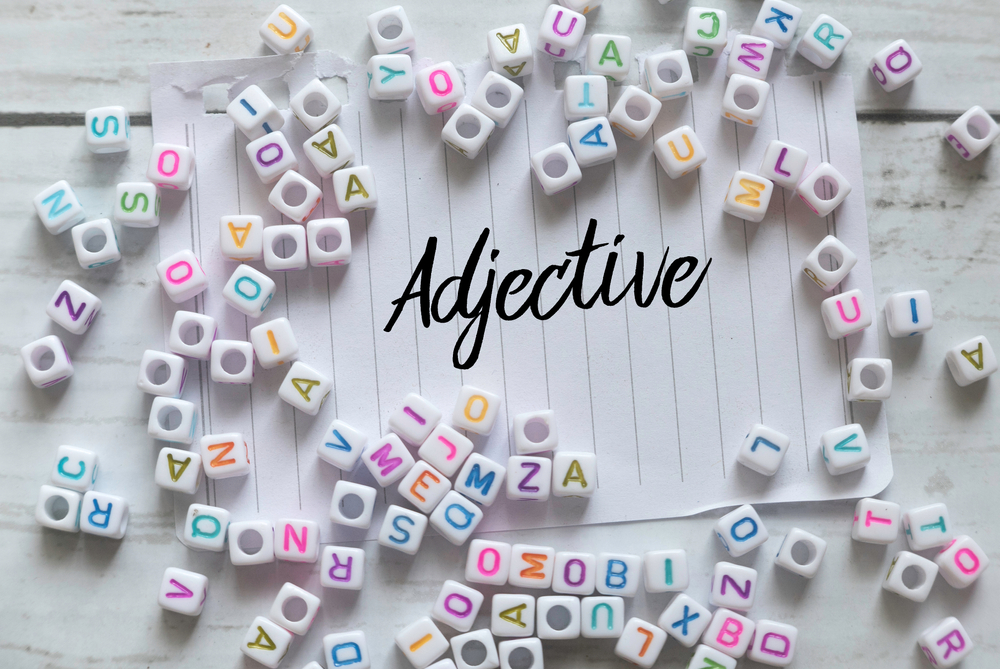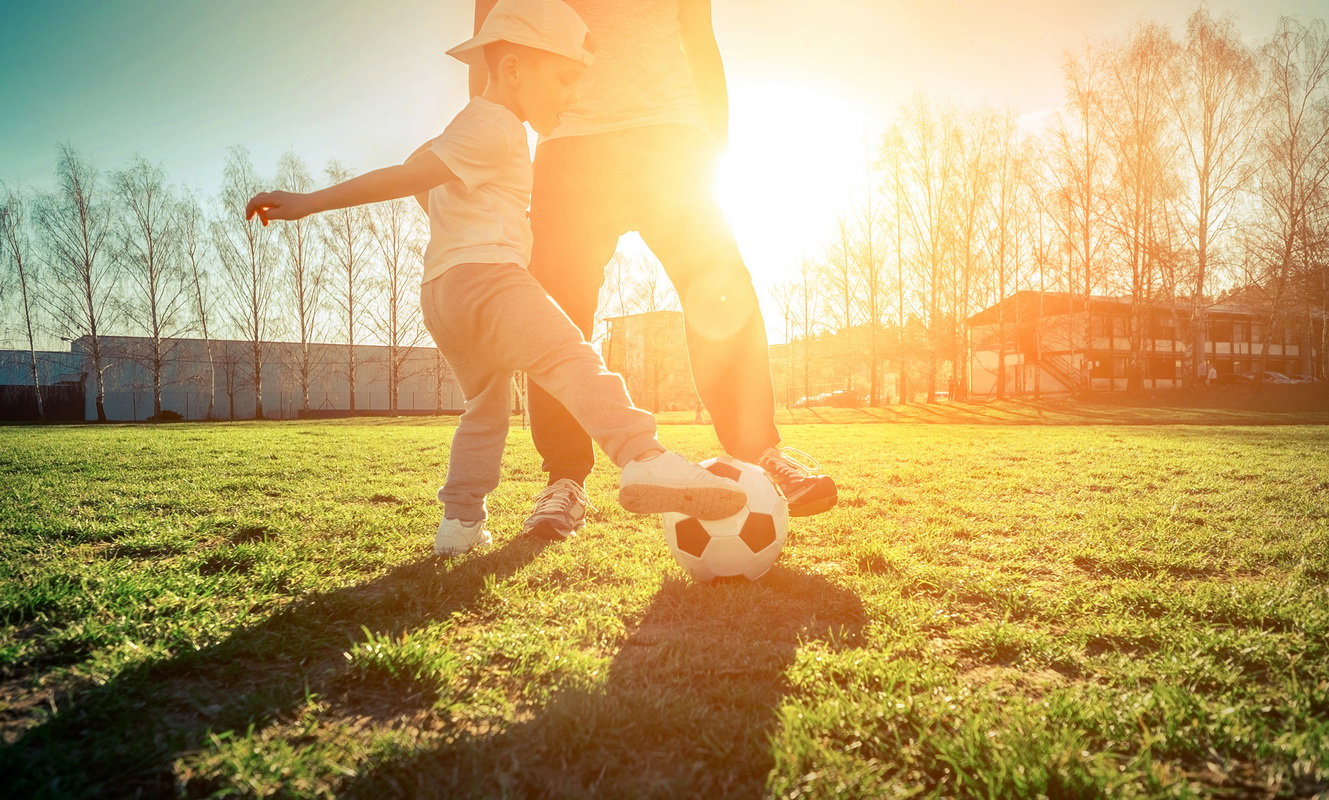Historical Knowledge Normal Worksheets for Ages 5-7
10 filtered results
-
From - To
Nurture young minds with our "Historical Knowledge Normal Worksheets for Ages 5-7." These engaging, age-appropriate activities make learning history fun and accessible for early learners. Designed to spark curiosity, our worksheets cover essential historical themes, helping children comprehend the past through stories, pictures, and simple exercises. These worksheets enhance critical thinking, comprehension, and fine motor skills while introducing historical concepts in an enjoyable, relatable manner. Ideal for both classroom and home use, our printable resources cater to young historians, fostering a love for learning and the building blocks of historical understanding. Empower your child's educational journey with our expertly crafted materials.


White House Worksheet


Benjamin Franklin Worksheet
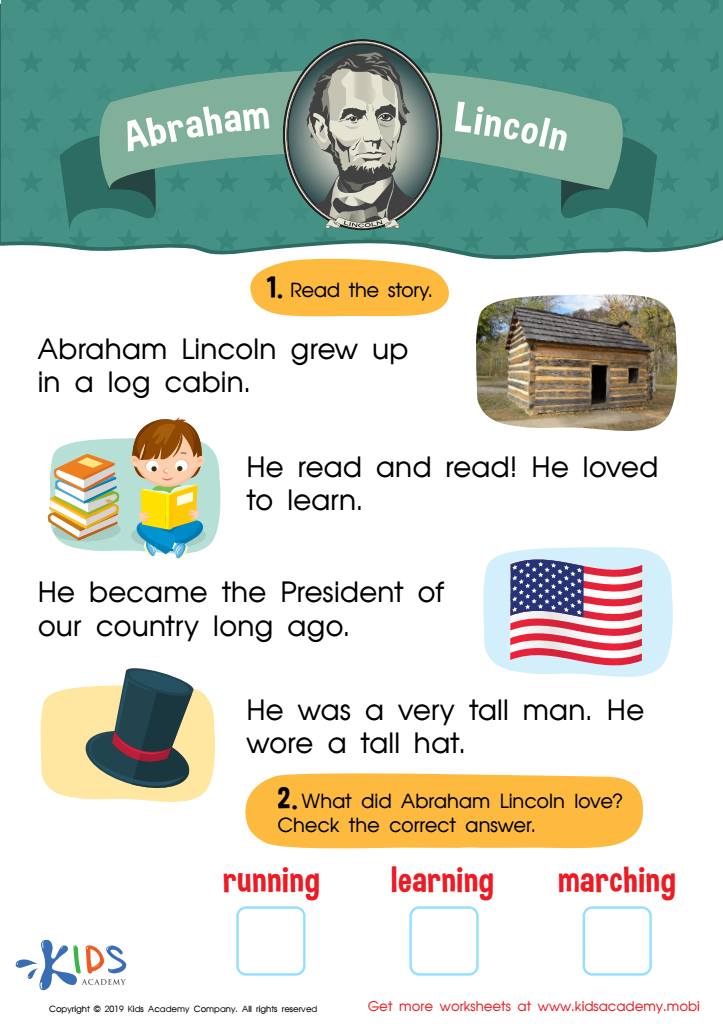

Abraham Lincoln Worksheet
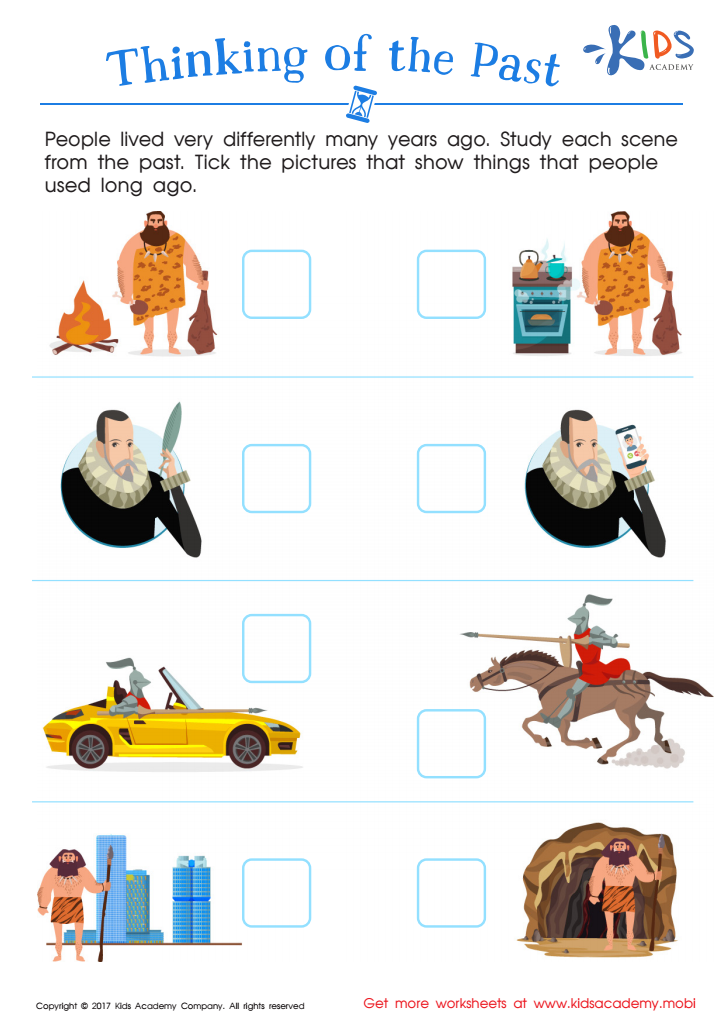

Thinking Past Printable
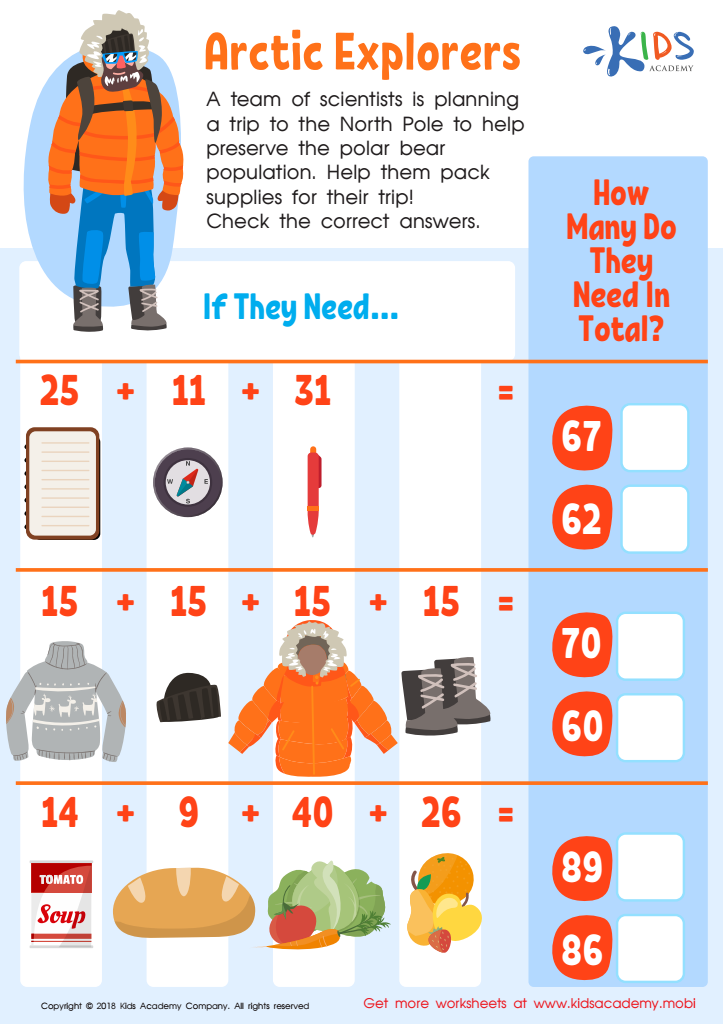

Arctic Explorers Worksheet
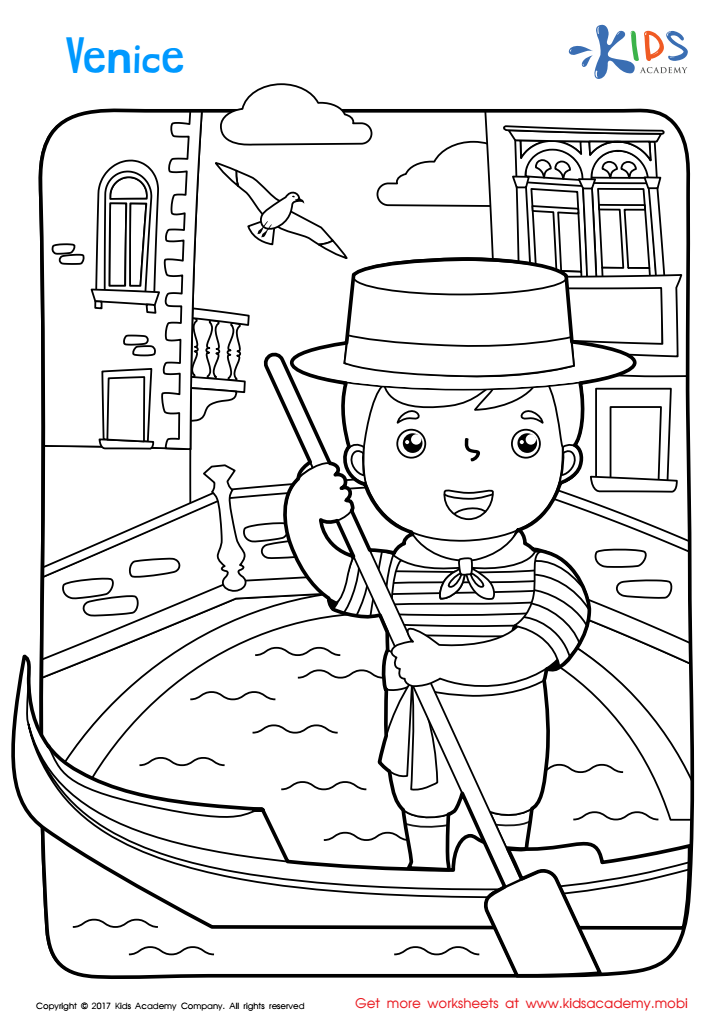

Venice Worksheet
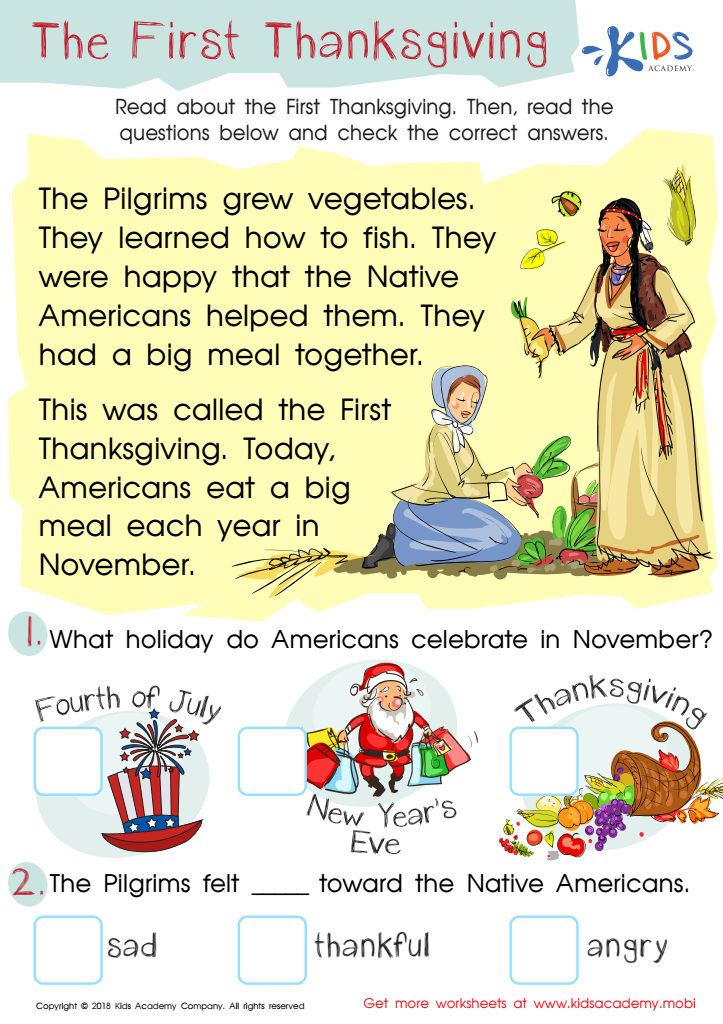

Assessment: First Thanksgiving Worksheet
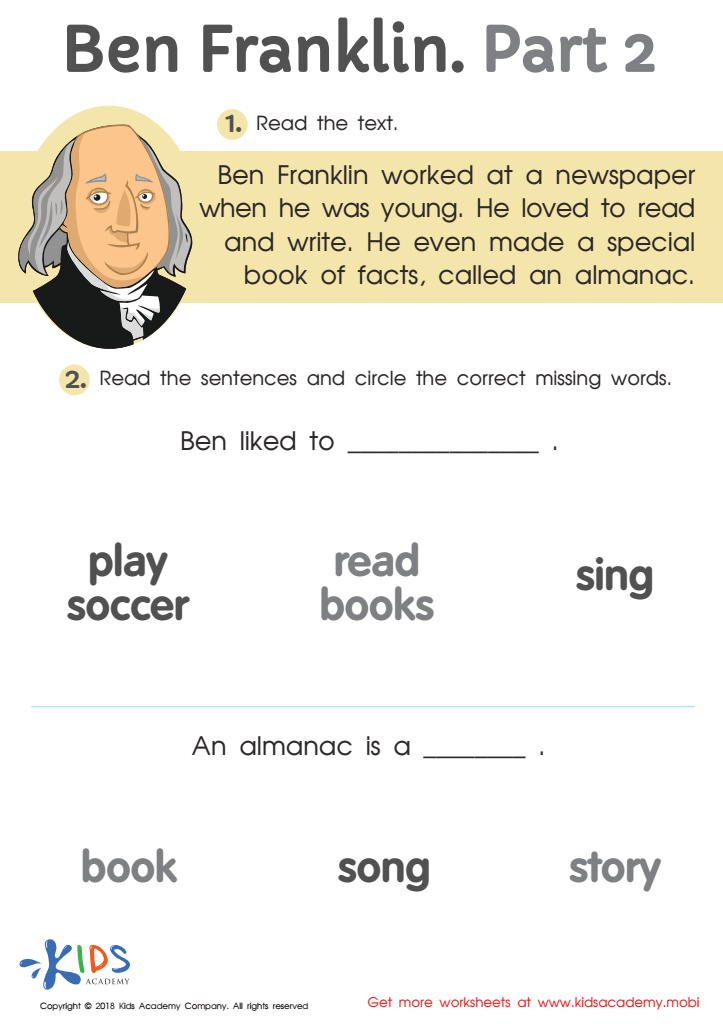

Ben Franklin Part 2 Worksheet
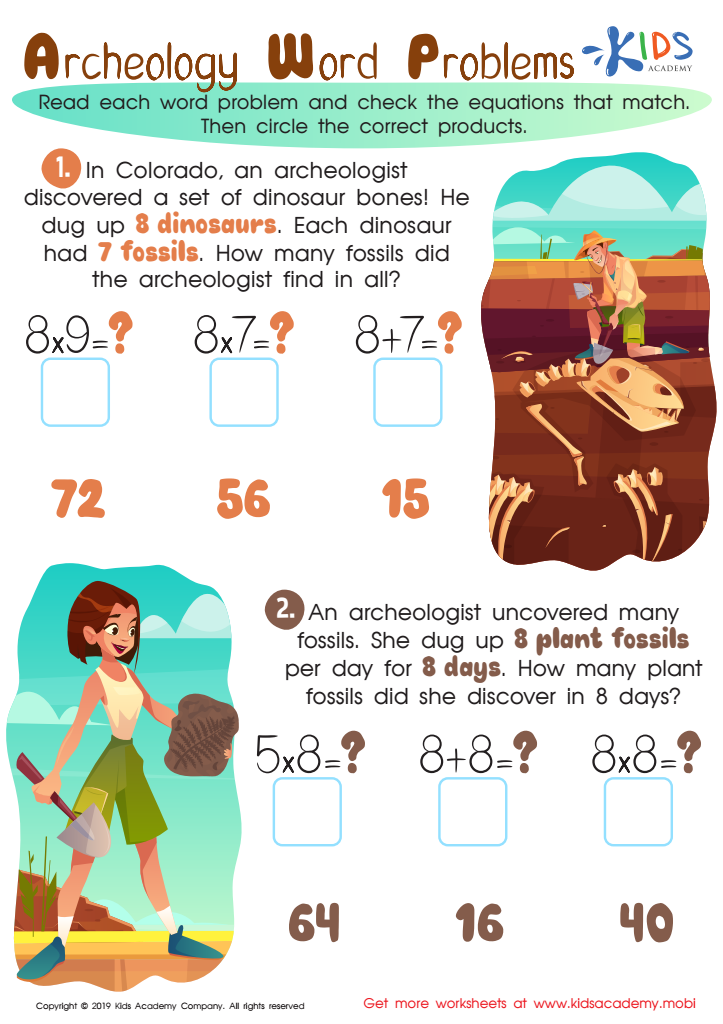

Archeology Word Problems Worksheet
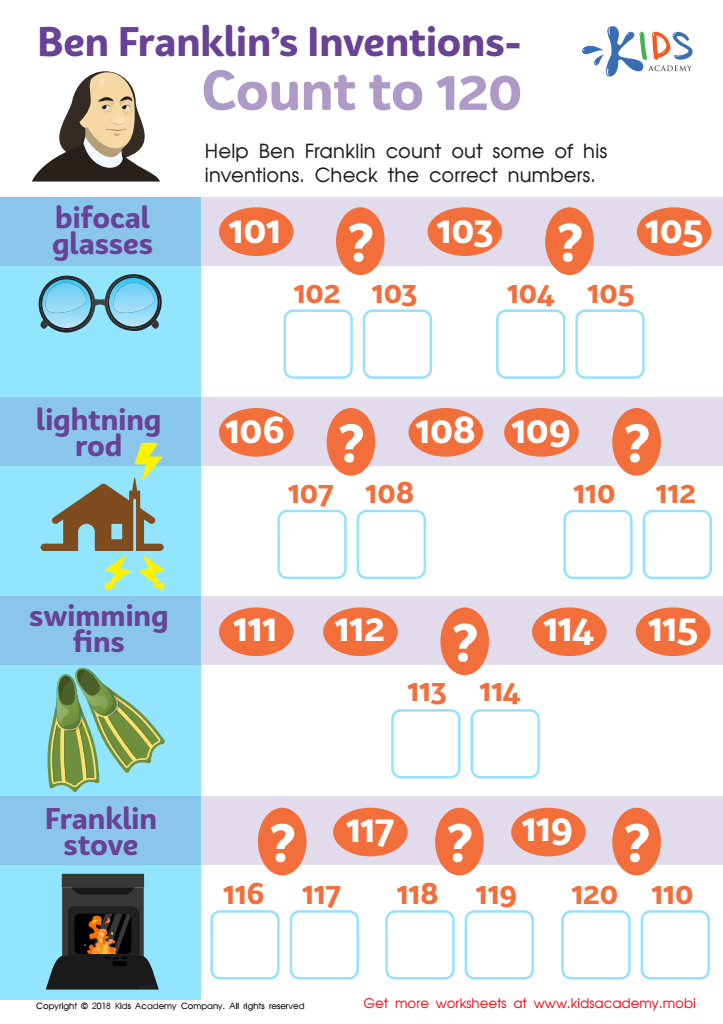

Ben Franklin’s Inventions – Count to 120 Worksheet
Parents and teachers should start instilling historical knowledge in children ages 5-7 to help foster a well-rounded sense of identity, understanding, and critical thinking. During early childhood, children are extremely receptive to learning, and this is a crucial period for developing foundational skills and concepts.
Understanding history, at a very basic level, helps young children begin to grasp the concept of time, the causes and effects of events, and the relationships between different individuals and groups. When young learners hear simple stories or engage in activities that reflect the past, they start appreciating diversity, understanding how societies evolve, and recognizing the contributions of various cultures and peoples.
Moreover, delving into history can improve literacy skills. Storytelling, which is a fundamental method of historical transmission for this age group, enhances vocabulary, comprehension, and sequencing abilities. When historical events are woven into storytelling, interactive play, or art projects, children develop empathy and social awareness.
By caring about early historical knowledge, parents and teachers provide children with tools to think more critically and independently. They gain insights into how different experiences shape perspectives and, importantly, how they too play a role in the ongoing story of their community and the world. This holistic development stands as a cornerstone for producing informed, compassionate, and responsible global citizens.
 Assign to My Students
Assign to My Students







